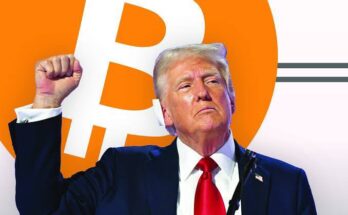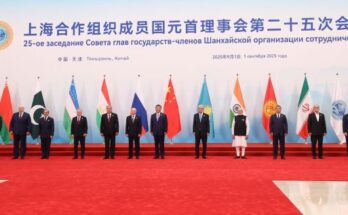
Team News Riveting
The widespread protest going on in Belarus had cast shadow in the smooth engineering of China’s ambitious Belt and Road project.
President Alexander Lukashenko claimed a sixth consecutive term on August 9 amid widespread allegations of election fraud that had sparked anti-government protests across the country. It had baffled China as uncertainty looms large over its investments.
President Xi Jinping was among the first to congratulate Lukashenko – who is known as the “last dictator in Europe”. Lukashenko had been in power for 26 years and had been one of the most vocal supporters of the belt and road strategy among European leaders and has overseen a surge in trade with China.
China’s economic presence in Belarus has grown in recent years as it looks to increase its influence throughout Eurasia. Lukashenko has sought a closer relationship with Beijing to offset a historical dependence on Russia.
Analysts said a change of government following the strong opposition would potentially cause a problem for belt and road projects, especially if the next government begins to tilt more towards the West.
Belarus is an important component of the Belt and Road as it is seen by China as a potential outlet to the Baltic states and to Eastern Europe. China was very active in engaging with the government of Belarus in projects.



